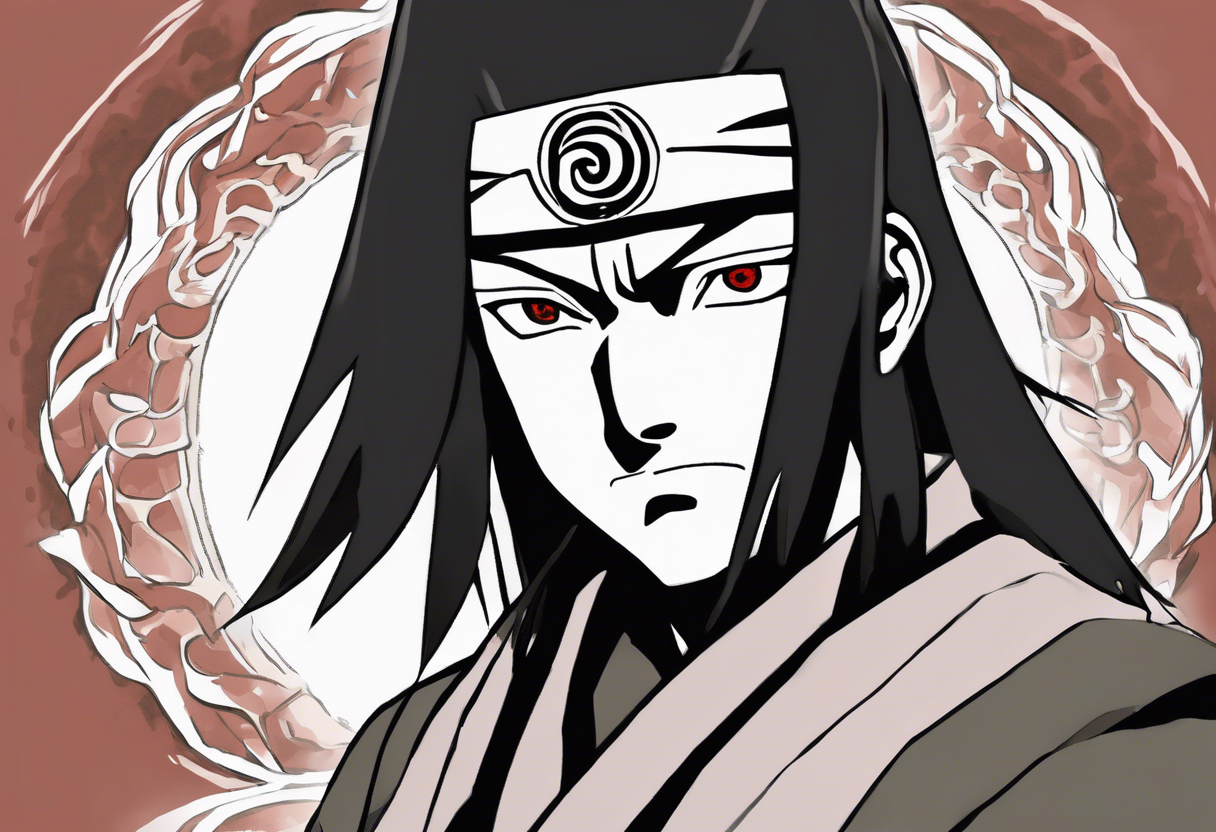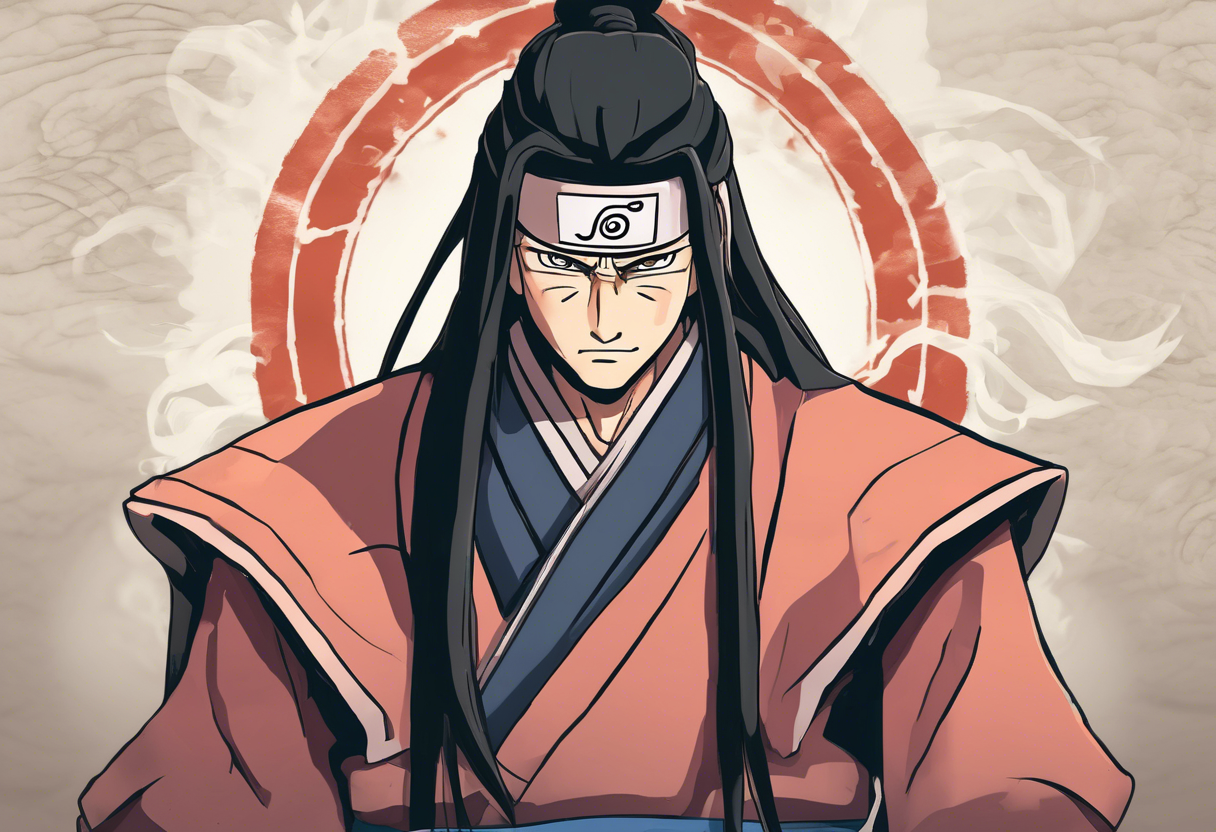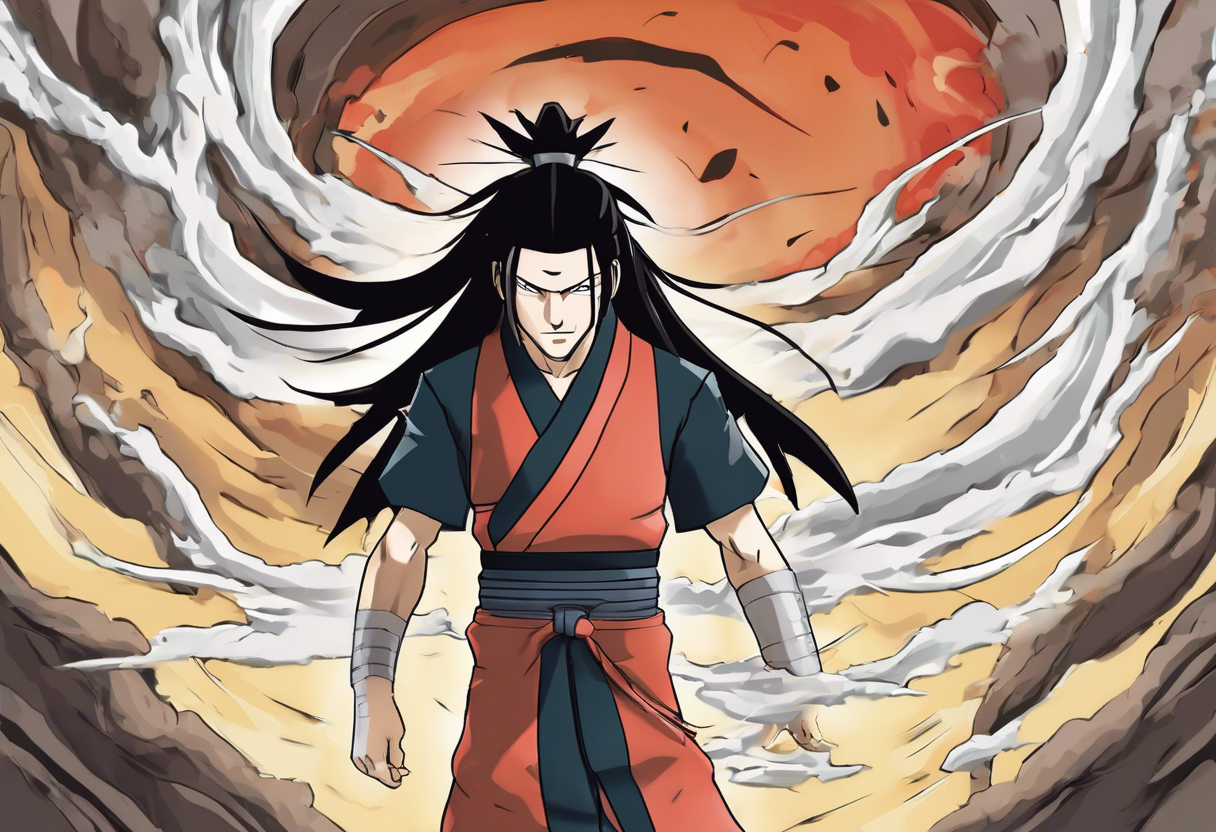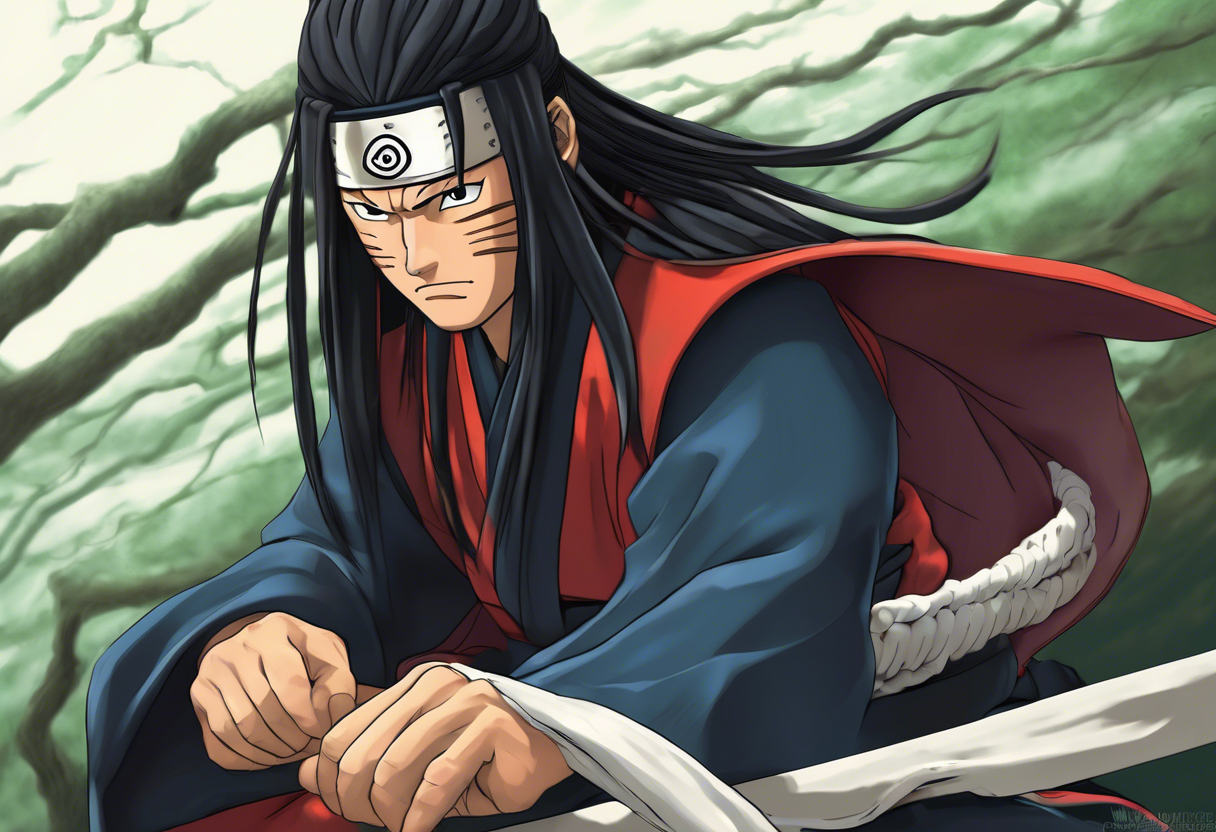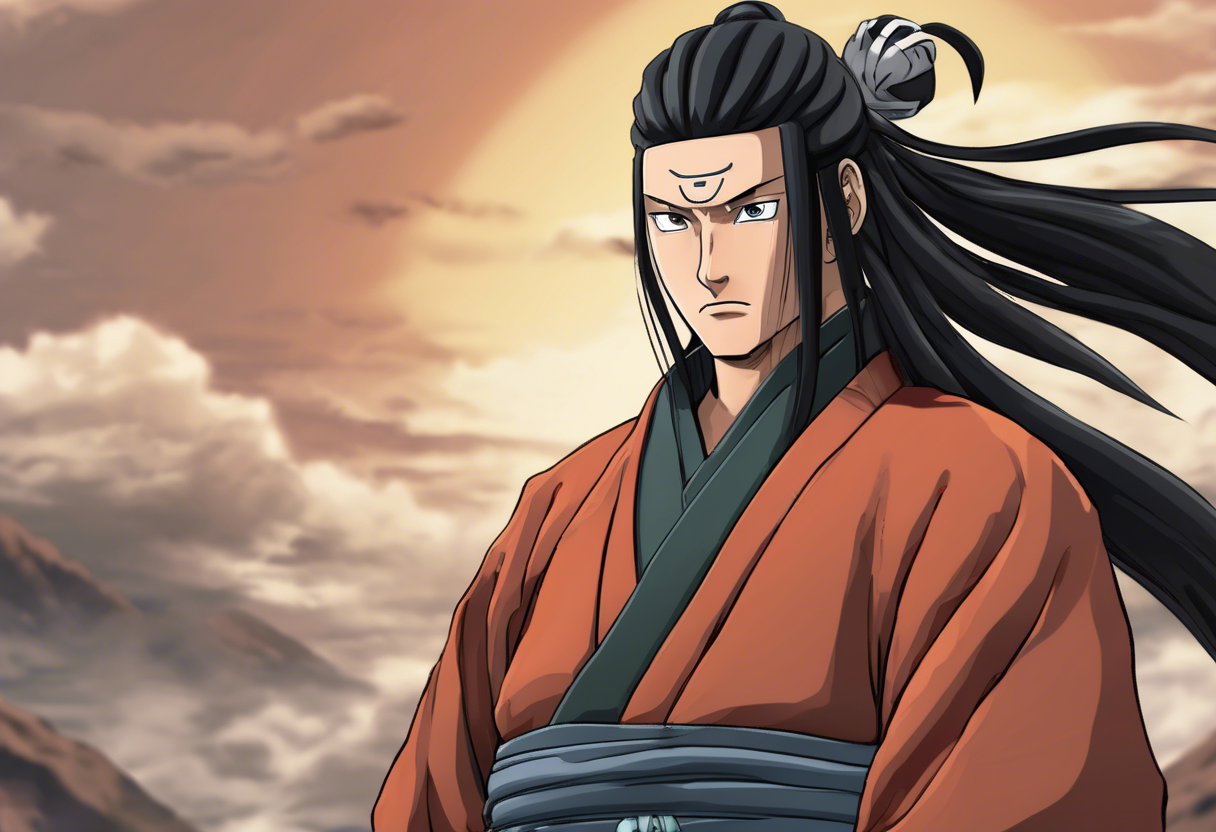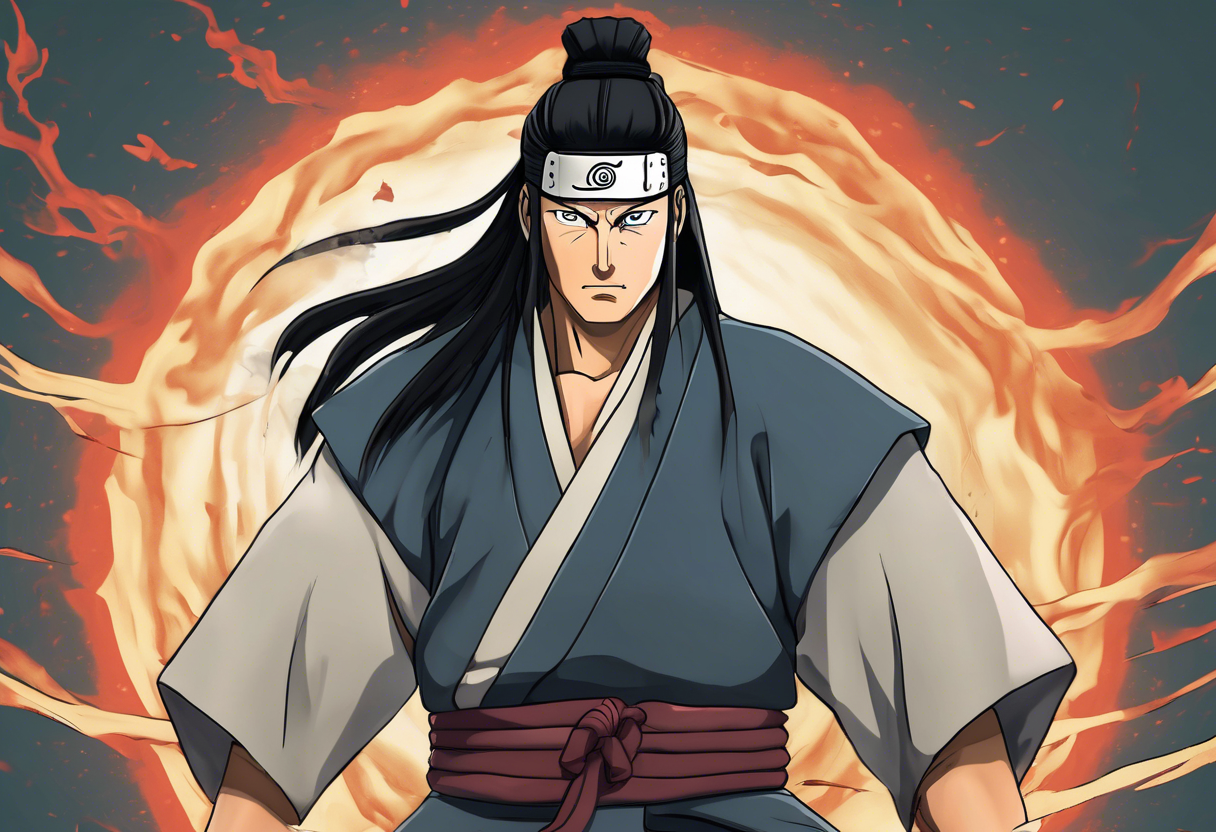Contents
Hashirama Senju: The Founding Father of Konoha
Introduction
Hashirama Senju, one of the most iconic characters in the Naruto anime series, is renowned for his extraordinary abilities, peaceful nature, and visionary leadership. As the First Hokage of the Hidden Leaf Village (Konoha) and one of its founders, Hashirama played a pivotal role in shaping the shinobi world. Created by Masashi Kishimoto, the author of the Naruto series, Hashirama’s character is deeply rooted in the rich history and mythology of the Naruto universe.
Hashirama was a member of the illustrious Senju clan and is often referred to as the "God of Shinobi" due to his unparalleled strength and abilities [1][2]. His backstory is intertwined with that of his childhood friend and rival, Madara Uchiha, and together they laid the foundation for Konoha. Hashirama’s defining traits include his extroverted and fun-loving personality, his immense physical strength, and his unique Wood Release techniques.
Role in the Story
Hashirama’s journey begins with his early life as a member of the Senju clan. Alongside Madara Uchiha and the Uchiha clan, he envisioned a world where ninjas could live in peace and harmony. This dream led to the establishment of Konoha, a village that would serve as a beacon of hope and cooperation among the warring clans [1][2].
Hashirama’s relationship with Madara is complex and pivotal to the narrative. Despite their rivalry, Hashirama consistently sought to unite their clans and achieve peace. However, their differences eventually led to a bitter conflict, culminating in the legendary battle at the Valley of the End. This battle not only showcased Hashirama’s incredible strength but also his inability to bring himself to kill Madara, whom he still considered a friend [1][2].
As the First Hokage, Hashirama implemented a shinobi system that prioritized the well-being and safety of young ninjas. He was opposed to the practice of sending children to war at a young age and instead created an environment where they could grow and develop alongside their peers. This system reflected his commitment to the "Will of Fire," a philosophy that emphasized the protection and unity of the village at all costs [1][2].
Character Analysis
Hashirama’s personality is a blend of extroversion, impulsiveness, and a deep sense of responsibility. He was known for his fun-loving nature, enjoying friendly competitions and gambling, yet he could also be very serious and determined when the situation demanded it [1][2]. His leadership skills were exemplary, characterized by charisma, emotional intelligence, and a strategic thinking that prioritized harmony and cooperation.
Hashirama’s motivations were rooted in his desire for peace and his commitment to the well-being of others. He believed in working together to achieve common goals and was willing to make sacrifices for the greater good. This selflessness and empathy are hallmarks of his character, making him a compelling and relatable figure to audiences [2].
Despite his many strengths, Hashirama had his flaws. His impulsiveness sometimes led him to act without fully considering the consequences, and his emotional attachment to his friends and allies could cloud his judgment. However, these flaws also made him more human and accessible, adding depth to his character [1][2].
Themes and Symbolism
Hashirama embodies several key themes in the Naruto series. One of the most significant is the theme of peace and harmony. His efforts to unite the warring clans and establish a peaceful village reflect the series’ broader message about the importance of cooperation and understanding. Hashirama’s character also symbolizes the "light" or "yang" aspect of the Naruto universe, contrasting with the "dark" or "yin" represented by the Uchiha clan [3].
The concept of the "Will of Fire" is another theme closely associated with Hashirama. This philosophy, which emphasizes the protection and unity of the village, becomes a central tenet of Konoha’s culture and is passed down through generations of Hokage. It symbolizes the enduring spirit of sacrifice and community that defines the village and its people [1][2].
Cultural Impact
Hashirama Senju has had a profound cultural impact on the Naruto fanbase and beyond. His character has been celebrated for his leadership, strength, and commitment to peace. In adaptations and spin-offs, Hashirama’s legacy continues to inspire new generations of fans. His influence can be seen in various forms of media, from fan art to fan fiction, where he is often portrayed as a symbol of hope and unity.
Hashirama’s character has also influenced popular culture, particularly in the realm of anime and manga. His unique abilities and leadership style have set a benchmark for other characters in similar genres. The themes he represents, such as the importance of community and the pursuit of peace, resonate with audiences worldwide [1][2].
Critical Reception
Critics and audiences have praised Hashirama for his complex and compelling character. His leadership abilities, emotional intelligence, and commitment to peace have been highlighted as key strengths. However, some critics have noted that his impulsiveness and emotional attachments can sometimes make him appear less fit for the role of the "God of Shinobi" [1][2].
Despite these criticisms, Hashirama remains one of the most revered characters in the Naruto series. His legacy continues to inspire new interpretations and analyses, with many fans and critics alike appreciating the depth and nuance of his character.
Legacy
Hashirama Senju’s enduring appeal lies in his multifaceted personality and the significant impact he had on the Naruto universe. His commitment to peace, his leadership skills, and his unique abilities have made him a legendary figure in the world of anime and manga.
Hashirama’s relevance in contemporary discussions is evident in the ongoing themes of peace, cooperation, and leadership that he embodies. His character continues to inspire new works and character archetypes, ensuring that his legacy remains vibrant and influential.
In conclusion, Hashirama Senju is more than just a character in the Naruto series; he is a symbol of hope, unity, and the pursuit of peace. His impact on the narrative, his cultural significance, and his enduring appeal make him one of the most memorable and inspiring characters in anime history.
References
- https://wiki.sportskeeda.com/naruto/hashirama-senju
- https://boo.world/database/profile/20412/hashirama-senju-personality-type
- https://www.fanverse.org/threads/source-of-hashirama-and-sharingans-powers-theory.883763/
- https://en.wikipedia.org/wiki/Sasuke_Uchiha
- https://en.wikipedia.org/wiki/List_of_Naruto_characters

